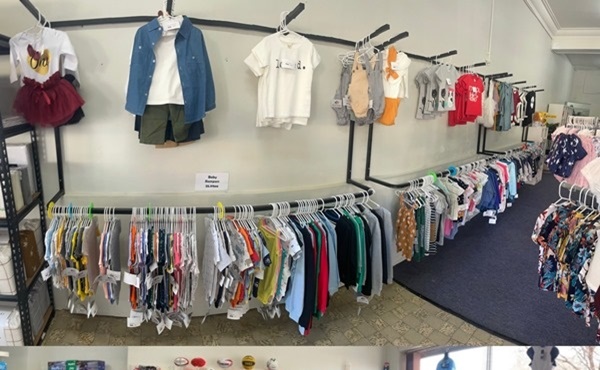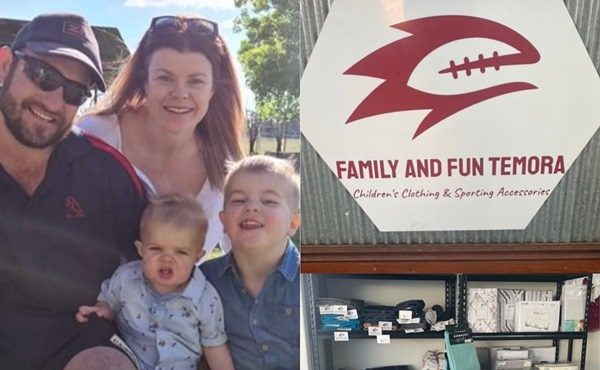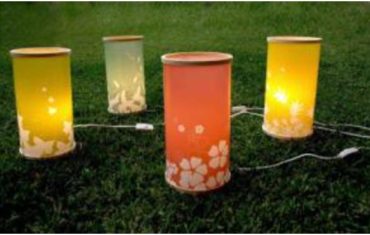While no one will say they are happy that Covid happened, the pandemic has created some amazing opportunities for innovative entrepreneurs such as Nati Harpaz.
The former Catch chief executive and his business partner, Einat Sukenik, launched their online B2B platform TradeSquare in April 2020.
They had already seen an opportunity to reimagine wholesaling to retail and as buyers were unable to travel interstate or overseas to source stock and the inevitability of delays in deliveries of stock from overseas, the marketplace was the place to go for smaller, regional retailers.
“Some of our retailers have shown incredible resilience just to stay in business,” Harpaz says.
“Fashion stores added cafes and cafes added gift products. One of our clients, a children’s clothing and sporting accessories store in regional NSW, added goods such as towels, sheets and doonas to its stock when its town lost its Target. Many struggled with the rigours of learning how to function efficiently as an online store for the first time, when neither their technology nor their marketing finesse were even close to being up to the task.”

Indeed, Family & Fun Temora (Temora)’s Nicky Philip says Covid has had a massive impact.
“We had to live with technology in a new way as we’re a storefront and Facebook-only business,” she explains. “Our greatest challenges were delivery times of stock coming from different states, while they were still open. Many suppliers had been locked down.”
Philip signed up to TradeSquare because she hoped to fill the gap Target had left by expanding into goods such as towels, sheets and doonas, as well as sporting necessities.
“I like that there are lots of smaller businesses on TradeSquare that we can locate stock quicker and its 30-day terms are ideal. On top of that there are its quick orders, cash flow service, being able to find multiple suppliers on one site and one shopping cart.”
For Philip, the benefits are also about the TradeSquare community. “We did a sheet order with Ellen Linen,” she recalls. “TradeSquare contacted us proactively to tell us about delays in shipping. We were happy to wait but it was so helpful to be kept informed. Open communication is extremely valuable to us, especially with delivery information.”

One of many great challenges now is replenishing stock, says Sukenik.
“Last year there were empty shelves. This year there will be empty shelves. Delivery costs are sky high. Strikes have created backlogs and there are still delays with supply chains coming from different countries.
“There are also unresolved supply problems from overseas. The manufacturing countries are behind in manufacturing, because there have been vast gaps in production across the last 24 months. And the cost of a lot of stock has increased. Christmas stock will cost more for retailers because the increase in demand has been sharp, supply is inadequate and delivery costs have spiraled.”
TradeSquare doesn’t rely on overseas deliveries. The company has 600 local suppliers and more than 7,000+ brands that are ready to ship. Another current challenge for retailers is cash flow. After two years of just surviving, financial reserves are at an all-time low. TradeSquare doesn’t demand upfront payments. These are prohibitive for many small and regional retailers right now. It also has a price guarantee. It will match the price of any item found cheaper elsewhere and it doesn’t matter whether a buyer purchases one item or 1,000, they pay the same best possible price.
“We’re Australian entrepreneurs ourselves. We understand the challenges. We’ve faced them,” Sukenik adds.

“We have lived through the hard knocks of running a business in Australia and come out the other side. That’s where we stand apart. Australia can be a rugged environment for small businesses. The last two Covid years have made it even harsher.”







